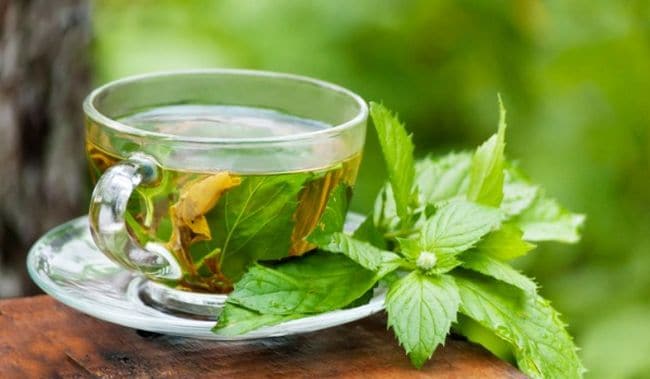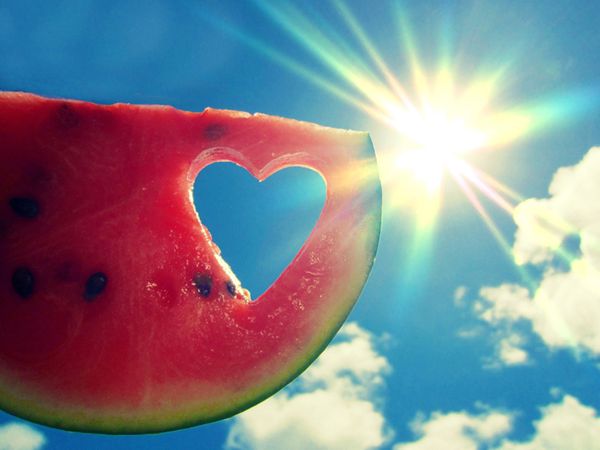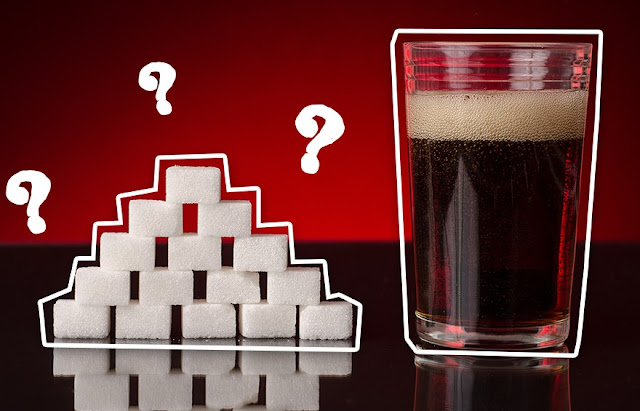
After a season of indulgence it’s not just our waistline that could be suffering, our liver can accumulate fat too, which can wreak havoc on our health.
Eating too many fatty foods and gaining weight can lead to non-alcoholic fatty liver disease (NAFLD – and according to the NHS, an estimated 23-30% of Brits have it).
Fatty liver, or steatosis, is a term that describes the build up of fat in the liver. While it’s normal to have some fat in your liver, more than 5 to 10% of your liver weight is fat in the case of fatty liver.
So what are the symptoms of a fatty liver?
FATTY LIVER SYMPTOMS
Annoyingly there are no associated symptoms for a fatty liver, but you could experience fatigue or vague abdominal discomfort.
The excess fat can cause liver inflammation, and this may result in a poor appetite, weight loss, abdominal pain, weakness and confusion.
Fatty liver may also result in your organ becoming slightly enlarged, and a doctor can detect this during a physical exam.

CAUSES OF FATTY LIVER
A fatty liver develops when the body creates too much fat or cannot metabolise fat fast enough. This excess fat is stored in liver cells where it accumulates to form fatty liver disease.
FOODS FOR A HEALTHY LIVER
The good news is fatty liver is a reversible condition that can be resolved with a change in your behaviour.
Apart from the obvious reduction of fat intake and keeping to a healthy BMI being a solution to NAFLD, changing the make-up of your diet to include green tea, lycopene (from tomatoes), and vitamin E may help support the liver’s detoxification processes.
Professor Martyn Caplin, Consultant Gastroenterologist, comments: “Addressing the overall diet and understanding the balance and benefit of nutrients and vitamins can reverse fatty liver and liver inflammation, and therefore prevent the long term consequences of this such as cirrhosis and all its problems.”
FOODS GOOD FOR THE LIVER
Harley Street dietitian Tara Whyand has put together six easy tips to help keep your liver in tip-top condition.
“Drink Green Tea for its strong antioxidant and anti- inflammatory properties which make it perfect for treating a variety of diseases involving tissue damage, helping to help prevent liver diseases progressing.”Recent studies suggest Green Tea may stimulate liver metabolism and its anti-oxidant and anti-inflammatory properties may prevent the build-up of fats in the liver – a process that may progress to cirrhosis.

“Eat fruit which contain Lycopene, a red anti-oxidant pigment found in tomatoes and watermelon.”Recent studies suggest people with non-alcoholic fatty liver disease have been shown to have significantly reduced lycopene levels in their blood, suggesting that a low level of lycopene in the body may aid liver disease progression.
“Consume foods which contain Vitamin E, an antioxidant which occurs naturally in sunflower seeds and avocados fats.”Recent studies suggest high doses of vitamin E are useful in reducing liver fat content. People with NAFLD have been found to have reduced blood levels of vitamin E, so their vitamin E requirements are higher than those of healthy individuals.
“Add a few extra spoonfuls of turmeric to your next curry, or add a dash to your scrambled eggs, frittatas and omelettes. Turmeric contains a flavanoid called Curcumin.”Recent studies suggest Curcumin may prevent fatty liver progression to liver inflammation due to its potent antioxidant and anti-inflammatory activities. Curcumin can also influence fat controlling genes and inflammatory responses of fatty tissue.
“Follow a low to moderate fat diet. Eat too much fat and it can accumulate in the liver and cause it to go ‘fatty’ itself. Opt for polyunsaturated plant based oils or oily fish.”“Keep to a BMI under 25kg/m2 reduce the risk of developing fatty liver disease.”
To get the large doses of green tea, tomatoes and vitamin E used in trials, you would need to eat and drink these at every meal, every day. This is not to say that consuming less won’t have benefit – but you could also supplement your diet with a food supplement containing green tea, lycopene and vitamin E. ProfBiotics Liver is a dietary food supplement which combines lycopene (from tomatoes), green tea and vitamin E with curcumin (from turmeric) and thiamine, to support liver wellbeing. The formula contains the equivalent of six teaspoons of turmeric, six cooked plum tomatoes, and the same quality of polyphenols found in three cups of green tea, which some may find difficult to consume each day through diet alone. Profbiotics Liver costs $ 39.00 for a month’s supply and is available from Amazon.
_______________________
REFERENCES:
1. Bellentani S, Scaglioni F, Marino M, Bedogni G. Epidemiology of non-alcoholic fatty liver disease. Dig Dis. 2010;28(1):155–161.
2. Ratziu V, Bellentani S, Cortez-Pinto H, Day C, Marchesini G. A position statement on NAFLD/NASH based on the EASL 2009 special conference. J Hepatol. 2010;53(2):372–384.
3. Speliotes EK, Massaro JM, Hoffmann U, et al. Fatty liver is associated with dyslipidemia and dysglycemia independent of visceral fat: the Framingham Heart Study. Hepatology. 2010;51(6):1979–1987.
4. Angulo P. GI epidemiology: nonalcoholic fatty liver disease. Aliment Pharmacol Ther. 2007;25(8):883–889.
5. Baumeister SE, Völzke H, Marschall P, et al. Impact of fatty liver disease on health care utilization and costs in a general population: a 5-year observation. Gastroenterology. 2008;134(1):85–94.
6. Marra F, Gastaldelli A, Svegliati Baroni G, Tell G, Tiribelli C. Molecular basis and mechanisms of progression of non-alcoholic steatohepatitis. Trends Mol Med. 2008;14(2):72–81.
7. Day CP, James OF. Hepatic steatosis: innocent bystander or guilty party? Hepatology. 1998;27(6):1463–1466.
___________________________
















No comments:
Post a Comment